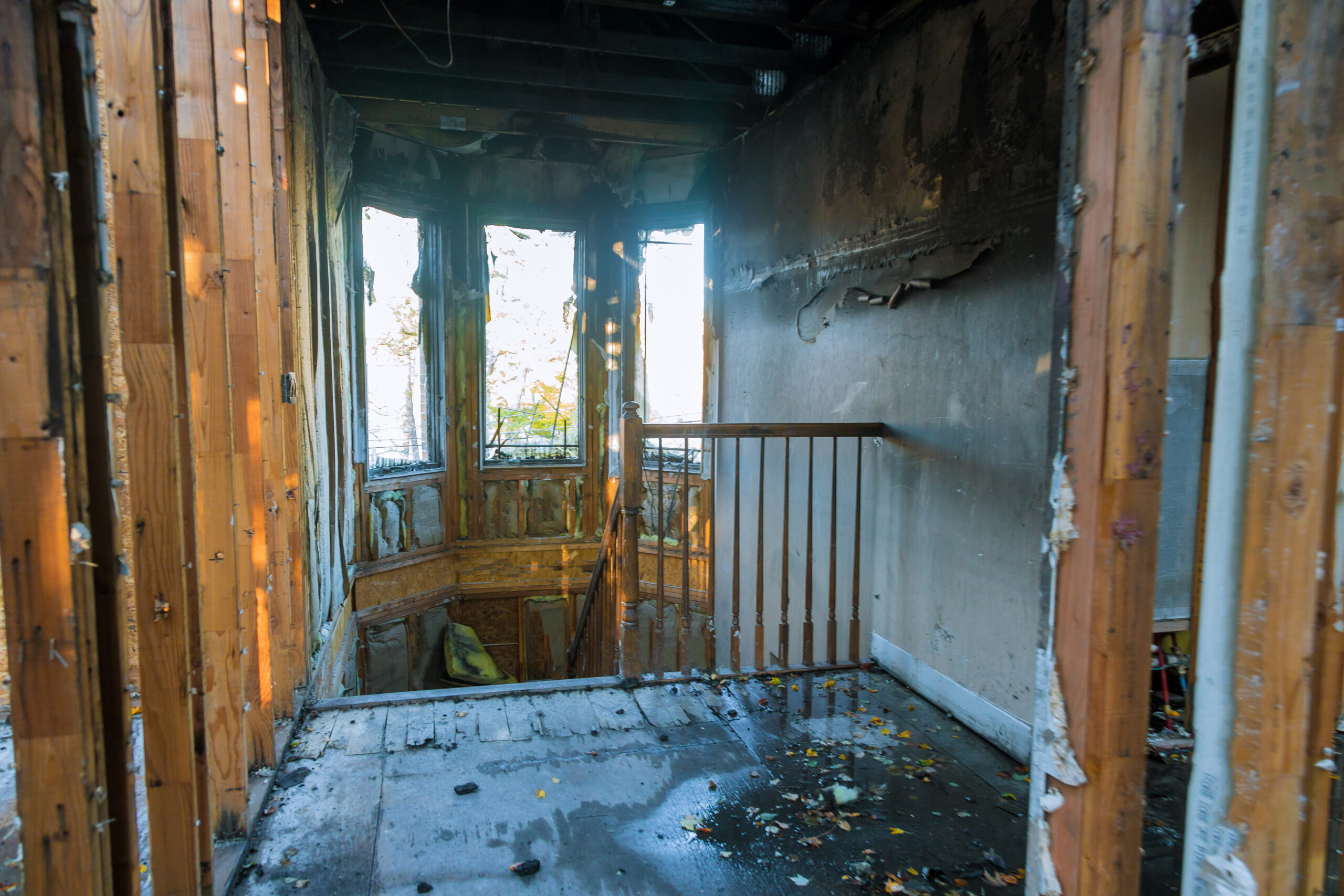
Elements of the burned wood house conflagration in Oregon US
As a homeowner, it’s important to be prepared for any kind of emergency. From plumbing problems to power outages, unexpected challenges can arise at any time. To ensure that you’re ready for anything, familiarize yourself with the most common home emergencies and learn how to respond accordingly.
Plumbing Problems
One of the most common home emergencies is a plumbing issue. Whether you’re dealing with a clogged sink or flooded basement, it’s important to take action right away. In order to do this effectively, it’s important to know where your main water valve is located and how to shut off the water supply in an emergency situation. Additionally, it would be wise to keep an eye out for signs of leaking pipes or faulty fixtures so that small problems don’t become big ones down the line.
Having the right tools on hand can make all the difference when it comes to dealing with plumbing problems. Important items to have in your tool kit include adjustable pliers, a pipe wrench, joint compound, a plunger, and Teflon tape. You should also consider investing in a small handheld drain auger that can be used for clearing out clogs and blockages. With the right tools in your arsenal, you’ll be better prepared to handle common plumbing problems without having to call a professional.
Water Damage
Flooding is another potential home emergency that can cause a lot of damage if not handled properly. It’s important to be aware of the areas in your home that are most prone to flooding, such as basements, near appliances or plumbing fixtures, and near windows or doors. To minimize flooding damage, make sure any gutters or drains are clear of debris, and consider installing a sump pump. Additionally, it’s always wise to keep sandbags or plastic sheets around in case you need them to contain the water during an emergency.
Power Outages
Another common emergency homeowners face is a power outage. To prevent damage from occurring during an outage, make sure all your appliances are unplugged when not in use and consider investing in surge protectors for any expensive electronics like computers or TVs. It’s also helpful to have flashlights and extra batteries around as well as a gas-powered generator in case you need additional power sources while the electricity is out.
Fire Damage
No one ever wants to think about their house going up in flames, but preparing for this potential emergency can help minimize any potential damage if it occurs. Installing smoke detectors throughout your home is essential since they will alert you if there is smoke present before it becomes too dangerous. You should also create an evacuation plan that everyone in your household knows ahead of time so that you can get out quickly if necessary. And finally, keep fire extinguishers handy around your home just in case you need them during an emergency situation.
Mold Complications
Mold can be a serious problem in the home, leading to health complications and structural damage. To prevent mold from forming, you should keep your home well-ventilated by opening windows or using AC units when necessary. Additionally, it’s important to inspect areas that are more prone to moisture build-up like bathrooms and basements to determine if mold is present. If you do find mold, it’s best to call a professional right away in order to properly remove the growth and prevent further damage or health problems from occurring. With early detection and the right approach, you can nip mold complications in the bud before they become a bigger problem.
Who to Call
When it comes to home emergencies, the best thing you can do is be prepared and know who to call for help. Depending on the situation at hand, it may be wise to contact a professional plumber, electrician, or contracting company, such as The Edge Contracting LLC, if you are not able to resolve the issue yourself. Additionally, many cities have emergency services that specialize in responding to fires or floods. If your home is affected by a natural disaster, you may want to contact other disaster relief organizations to get the necessary assistance. Finally, it’s always a good idea to be familiar with the contact information of your local police station and fire department in case of any emergency. With these services at your disposal, you can rest assured knowing that you have the resources to respond quickly and effectively in any home emergency situation.
It pays off to be prepared for any kind of emergency that may occur at home. Being aware of some of the most common ones—such as plumbing and flooding problems, power outages, fire damage, and mold—is key so that you can react quickly and appropriately when needed. By taking these simple steps now you can help minimize any damages caused by these types of unforeseen events in the future.


